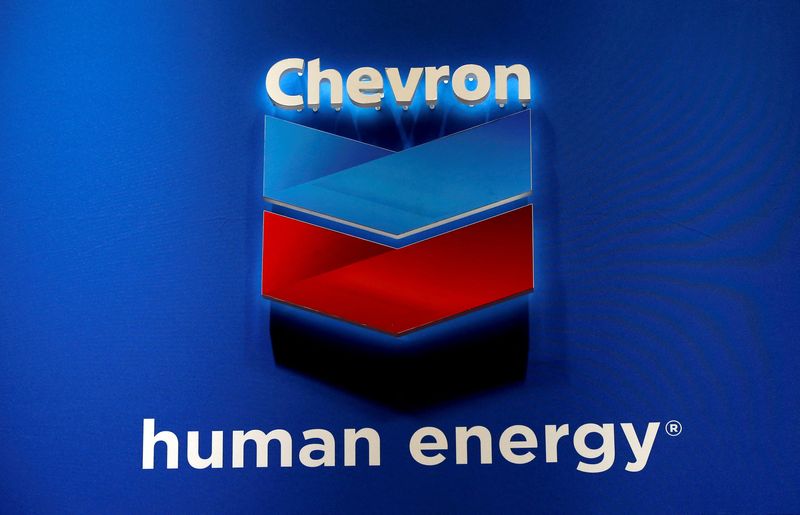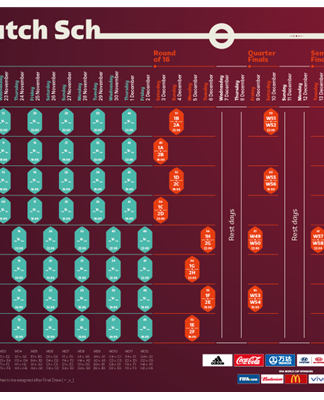Chevron, Schlumberger withdraw request for California carbon-capture permit

(Reuters) – Top U.S. energy companies Chevron and Schlumberger have withdrawn an application to capture carbon dioxide emissions and store them deep underground in central California, spokespeople said on Wednesday, putting the clean-energy project on hold after U.S. environmental regulators questioned it.
Burying industrial gases has become a focus for energy companies seeking to show investors they are willing to reduce emissions and help fight climate change. Their permit was one of more than a dozen filed with the U.S. Environmental Protection Agency (EPA), which requested the application be withdrawn.
In a March 25 letter, the EPA said the application was “substantially incomplete,” citing changes to the application and the failure to supply financial assurances.
The companies had formed a venture to revive an idled biomass-fueled power plant and generate “carbon negative power” in Mendota, near Fresno, California. The project included an underground carbon sequestration site and would remove about 300,000 tons of carbon dioxide a year.
“The EPA did the right thing by hitting the brakes on the Mendota carbon capture project,” said Victoria Bogdan Tejeda, an attorney for the Center for Biological Diversity. “Carbon capture is risky, expensive, and incompatible with environmental justice.”
Chevron and Schlumberger said they elected to withdraw the permit application and the group would continue “to gather and evaluate project information.”
“The team remains committed to developing lower carbon solutions and doing so in an environmentally and socially responsible manner,” spokespeople said.
Separately, Chevron on Wednesday said it was launching a carbon-capture and storage project in the San Joaquin Valley aimed at reducing emissions from its own operations in California.
(Reporting by Liz Hampton in Denver and Sabrina Valle in Houston; Editing by David Gregorio)



























comments